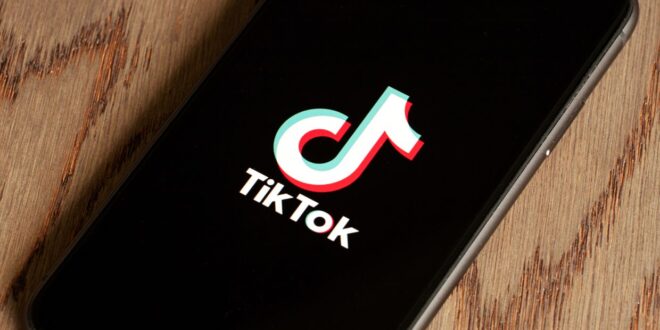Of all the many kinds of TikTok users in the US – the casual consumer, the follower of viral content, the obsessed fan – the most famous is probably the influencer. And all the kids these days hoping to become famous on social media could be just the lobbying force TikTok needs as it implores its users to call their representatives in Washington to fight a ban: It’s their livelihoods, after all, that are on the line.
Of course, a ban of TikTok wouldn’t kill the influencer dream – they could just pivot to a different platform. But it might be better for everyone if it did.
I write as someone who made a portion of my living as an influencer years before TikTok existed. Obviously, to Gen Z – and certainly to Gen Alpha – I’m just an old millennial wagging my finger. (Granted, I did just use the phrase “kids these days,” so the charge isn’t entirely off base!)
What gives me pause about the TikTok lobbying campaign isn’t the app itself – I don’t use it – but rather the notion that a career as an influencer, whatever that means, is something to strive for. I know the compromises that sometimes need to be made as you mine your personal life for content, and how hard it can be to draw boundaries with online followers who engage in parasocial relationships with you.
Opening the door to potentially millions of people to comment on your life choices is a vulnerable act, especially since you can’t take back what you’ve already shared. Electing to be public about your romantic relationships, finances, mental health, family dynamics and parenting style means allowing strangers to feel personally involved and affected by your choices. It can also lead to compromising your real-life relationships for the sake of your online content and leveraging other people’s lives and narratives without their explicit consent.
One life lesson that’s hard to fully embrace in your teens and 20s is just how much you will change with each passing decade. As your life unfolds, your interests, opinions and values will evolve. This isn’t to say your 33-year-old self will dislike the person you were at 23. But that 33-year-old will almost certainly cringe at some of what’s in the 23-year-old’s journal.
Now imagine that journal is a video – and it’s online for everyone to see, in perpetuity. And then think about what it would mean if your entire brand and business were built on the personality and opinions you had at 23.
If you have made your career as an influencer, evolution can be a difficult process. It can be hard to pivot and have your audience grow with you. When I built a brand in my early twenties called “Broke Millennial”, the label was basically true. It no longer is, but – thanks to social media profiles and a series of books – that name is still tied to my work more than a decade later.
It’s difficult to stay connected to the almighty influencer north star of “authenticity” if your life changes financially, socially and emotionally because of your work. As your follower count rises and companies come knocking for brand partnerships, authenticity can be quickly put to the test. Many brand partnerships can be easy money in terms of workload, but they might require promoting a company or product to your followers that is not aligned with your values. Any promotional misstep can cause swift backlash among followers and be costly both socially and financially.
Then there is the issue of mental health. Burnout is common. The sudden lack of anonymity, or even fame, can be unnerving in a world in which everyone has a camera in their pockets. Being “canceled” is not so much a risk as an inevitability, as a seemingly small stumble can turn hordes of people against you. Some influencers have been known to give it all up to return to the 9-to-5 world, or at least move off social media and behind a paywall.
Beyond the scrutiny of commenters on social media, there is the hard work of running your own business. The safety net of a regular paycheck and a job that allows you to (mostly) unplug when you leave the office can be appealing to someone who has been tethered to social media 24/7 for years.
And not all influencers choose to “pivot” to a traditional job – some have one foisted upon them. Being an influencer, like many early careers, will probably only last for a short period of your working life. People lose cache as younger, shinier stars come along. Their content begins losing relevance with the demographic on a particular platform, or simply no longer gets boosted by the algorithm.
Then the question becomes how, or whether, to retain influencer status when you return to the 9-to-5 world. The latter could be an issue if you’ve built a brand with which potential employers don’t want to risk association.
None of this is to say you should ditch all your dreams of becoming an influencer. It’s simply a warning: If the life of an influencer is one to which you aspire, be judicious. Be conservative about how much of your personal life you post online. Be considerate to the people you care about who don’t want to be part of your platform.
Be mindful of what your future self may think about the kinds of things you decide to make public. And remember that being authentic doesn’t mean sharing every nitty gritty detail. – Bloomberg/Tribune News Service
 BeritaKini.biz Berita Viral Terkini di Malaysia
BeritaKini.biz Berita Viral Terkini di Malaysia





